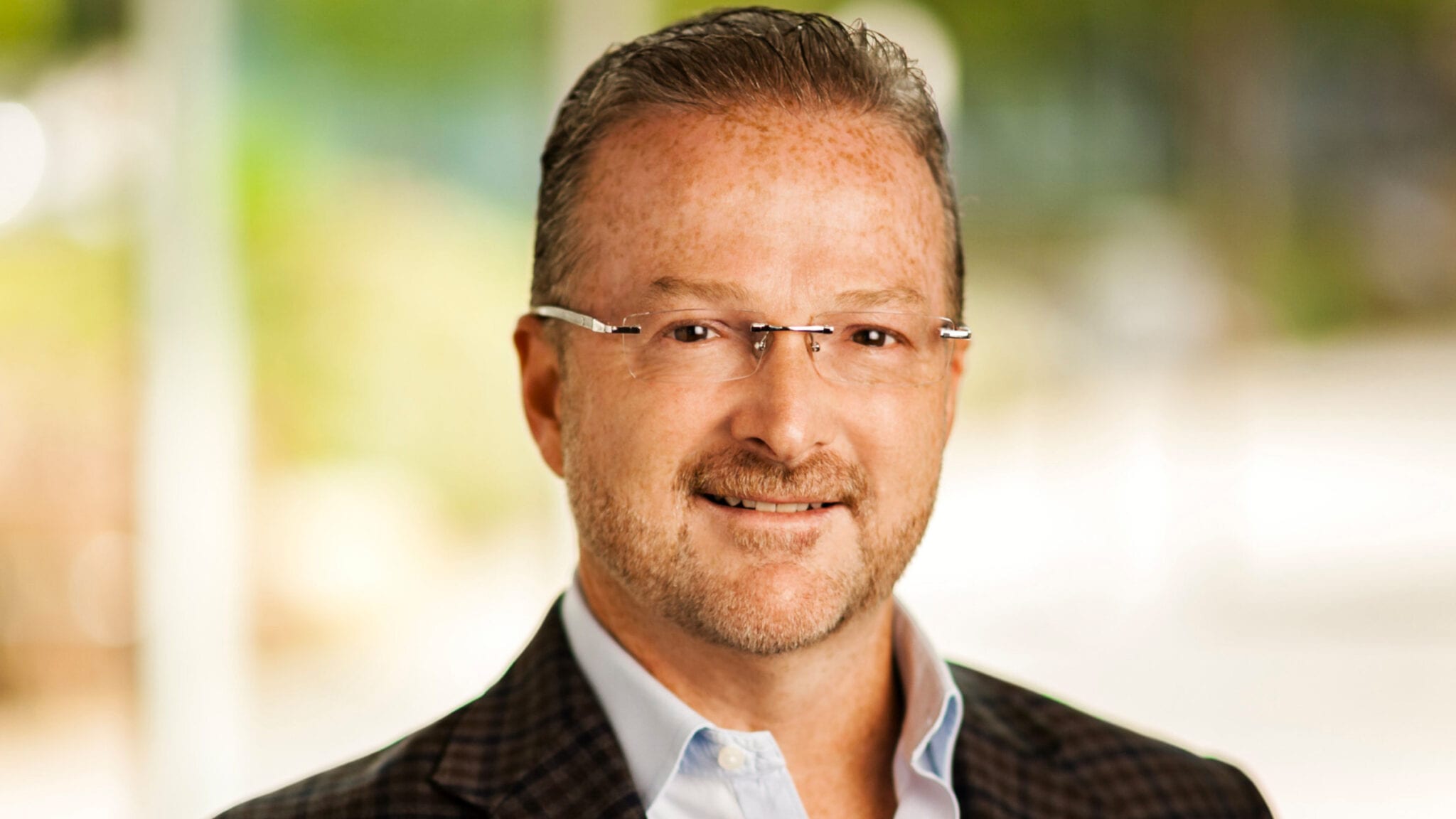
Updated: Acadia wins first FDA approval for Rett syndrome drug
The FDA on Friday approved Acadia Pharmaceuticals’ treatment for Rett syndrome, a rare neurodevelopmental disorder, which will be sold under the brand name Daybue (trofinetide), the company announced.
The average list price for the drug will be about $575,000 to $595,000 a year, CEO Steve Davis said on a conference call Monday morning. That comes from a $21.10 per milliliter price that’s used for weight-based dosing. The company’s “net realized cost” will be approximately $375,000, he said.
Unlock this article instantly by becoming a free subscriber.
You’ll get access to free articles each month, plus you can customize what newsletters get delivered to your inbox each week, including breaking news.